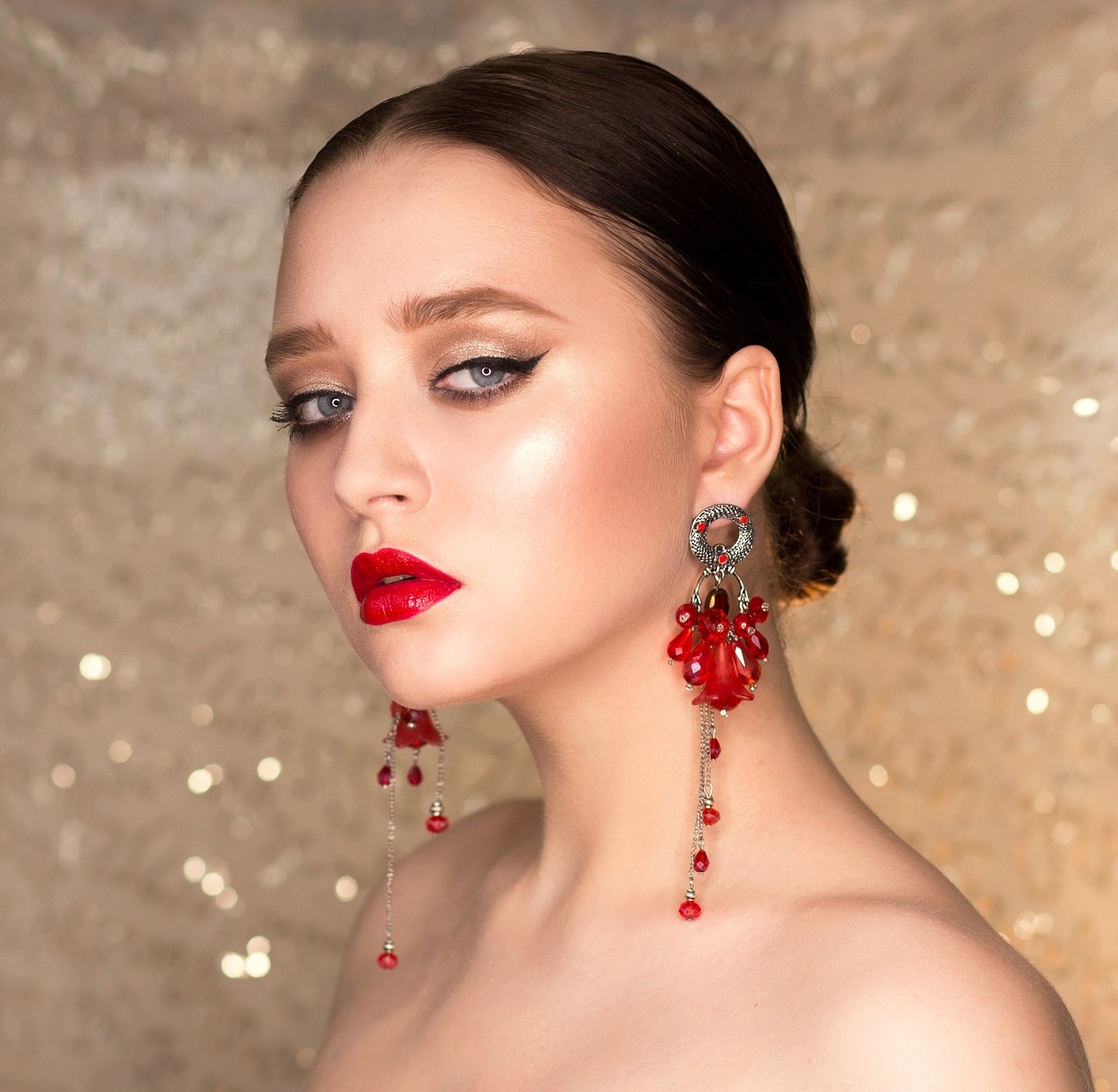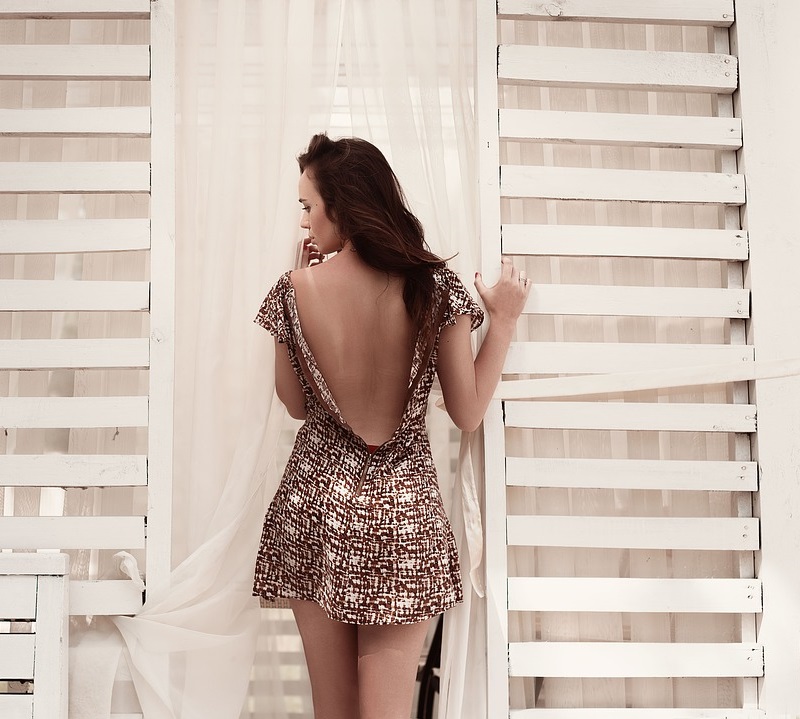29 April 2019 Tweet
Care of Truncal Acne
Although facial acne is the most visible form of acne vulgaris ; back and chest acne commonly called as Truncal acne, is often overlooked even though more than half of people with facial acne can also have Truncal acne. Further, acne on any part of the body can impact one’s self-esteem, body image or self-confidence. Treatment and the right skin care can help you see clearer skin more quickly. Here are some expert tips to banish your back acne........


What are the common causes of Truncal acne?
- Because the back, chest, arms, and buttocks are covered with sebaceous glands (oil glands), these areas are as susceptible to acne as the face is.
- This is especially true during puberty, when sebaceous glands produce more sebum due to the hormonal changes of adolescence.
- This is also seen in warm , humid climates when people perspire mainly on their backs. The sweat dries on the skin, clogs the pores and gets infected with the bacteria present on the skin giving rise to boils on back, chest, arms, shoulders and buttocks.
- Sometimes in summer due to the heat, sweat and excessive humidity, there may be fungal infection in these areas which also gives rise to similar boils in these areas- particularly in persons suffering from dandruff.
- Truncal acne may be due to post laser treatments on back or shaving or waxing
- May be seen due to insulin resistance seen in obesity or associated with Polycystic ovarian syndrome (PCOD).
How to prevent Truncal acne?
- Clean skin gently twice a day with mild soap and pat dry.
- Do not pick at acne lesions, as this can cause blemishes , scarring and other skin damage.
- Wear loose-fitting breathable fabrics (such as cotton or linen) to keep skin well ventilated and prevent clogging of pores.
- After exercising or excessive sweating, remove snug-fitting clothes that may trap sweat or dirt, shower and gently clean your skin.
- Consult a dermatologist at the earliest to treat Truncal acne.

What is the treatment of Truncal acne?
- The treatment of truncal acne is different from facial acne.
- The thicker skin of the body can withstand acne medications that might be irritating to facial skin.
- The thicker skin also makes truncal acne slower to respond to treatment.
- Your dermatologist will prescribe oral antibiotics , medicated lotions, shampoos or soaps, depending on the severity of the condition.
- It is important to treat any underlying hormonal imbalance also
- Treat the associated dandruff
- Also your dermatologist can perform procedures such as peels, skin polishing and laser treatments to improve the marks and scars on back.